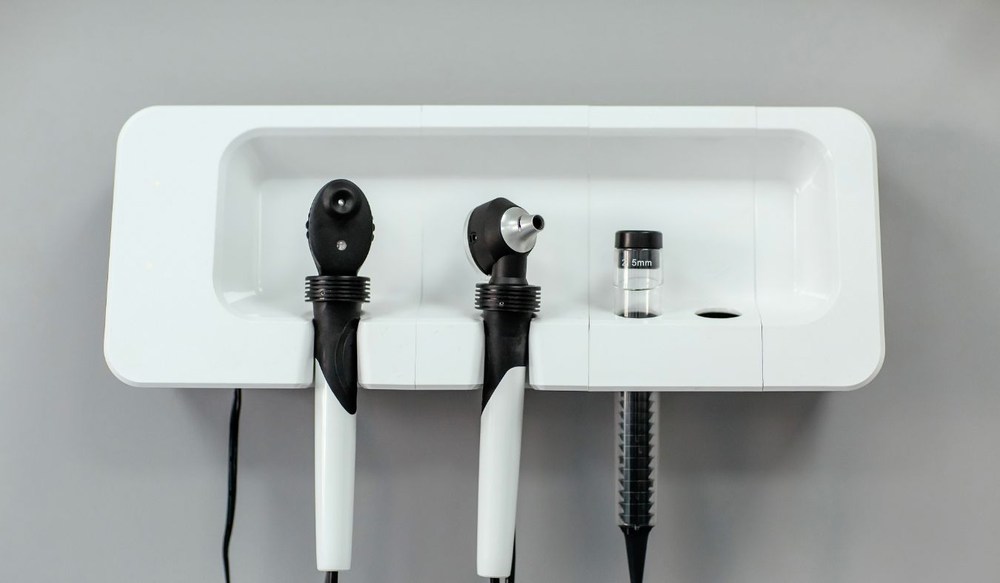The Role of Hearing Tests in Preventative Health Care
Most people schedule regular checkups for their teeth, eyes and overall


Most people schedule regular checkups for their teeth, eyes and overall

Getting caught in the rain or sweating during a workout used to mean panic

Most people know that aging and loud noise can affect hearing, but not